Don Heffington, Lone Justice drummer and session musician for roots stars, dies at 70
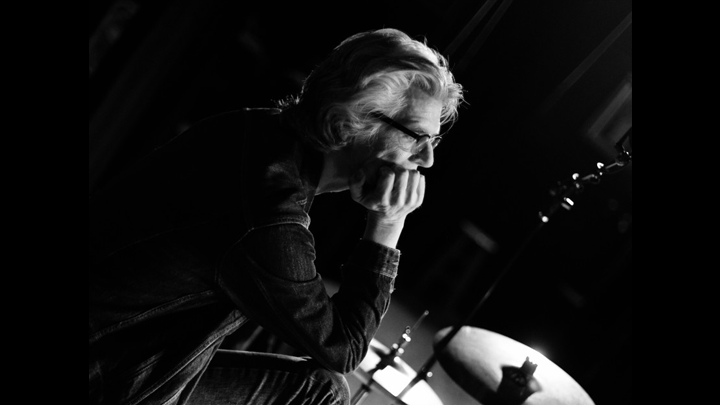
I had the pleasure of working with Don Heffington on two albums, Crooked Hearts and Roots and Branches. Don was a consummate professional. He arrived ahead of time, set up his drum kit, and was ready to roll when most of us were still tuning up. The long list of artists lucky enough to hire Don for percussion reads like a who’s who in roots and Americana music. In the studio Don was low-key and serious, but I remember when we knocked off for lunch while recording at Sunset Sounds, Don asked me why I changed the tempo of “A Satisfied Mind” from 3/4 to 4/4 and what was the backstory to my song, “Mouffetard Noir.” We’ve lost a prolific and accomplished percussionist.
– DH
By Mikael Wood, Pop Music Critic
Los Angeles Times | March 26, 2021
Don Heffington, a prolific drummer and session musician who played in the Los Angeles roots-rock band Lone Justice in the 1980s and later recorded and performed with stars including Bob Dylan and Dwight Yoakam, died Wednesday at his home in Los Feliz. He was 70.
His death was confirmed by his daughter, Laura Heffington, who said the cause was complications from leukemia.
Once described by music journalist Ira Robbins as “Linda Ronstadt on speed, perhaps, or Dolly Parton backed by the Blasters,” Lone Justice played rowdy but tuneful country-inflected rock built around singer Maria McKee’s high, swooping vocals. The band quickly established itself on L.A.’s club scene, which led to a self-titled 1985 debut produced by Jimmy Iovine and a high-profile gig as the opening act on U2’s arena tour behind “The Unforgettable Fire.”
Yet the lineup that made the “Lone Justice” debut album — McKee, drummer Heffington, guitarists Ryan Hedgecock and Tony Gilkyson and bassist Marvin Etzioni — broke up by the time of the group’s next LP, 1986’s “Shelter,” which teamed McKee with a different set of players for more pop-oriented songs that smoothed out Lone Justice’s punky edge.
Heffington went on to work in different settings with his old bandmates; McKee called him “the coolest and lovingest cat I ever did know” in an Instagram post on Wednesday and wrote that he was “the only original member of Lone Justice I never had any drama with.”
But the group’s splintering opened the door for Heffington to begin collaborating widely with other musicians, including some of the biggest names in roots music. He played on Dylan’s “Empire Burlesque” and “Knocked Out Loaded” albums, on Yoakam’s “Population Me” and on records by Jackson Browne, Victoria Williams, Shelby Lynne, Dave Alvin, Sam Phillips, the Jayhawks, Buddy Miller, the Wallflowers, Amy Rigby and Jimmie Dale Gilmore, among many others.
His drumming was steady but nimble, with a sensitivity and musicality that inspired those around him to evoke Ringo Starr.
“Don knew the difference between loud and strong,” Van Dyke Parks, a seasoned composer and arranger who worked frequently with Heffington, told The Times. “He knew how to leave space. His moves were economic. And he was so observant. He learned a lot from watching other percussionists. He knew why Ringo was playing the dyslexic patterns that he came up with.”
Session guitarist Greg Leisz, another of Heffington’s regular collaborators, said Heffington brought “the sensibility of a jazz drummer into blues and rock and country situations” and said he had “a unique understanding of how to support a really quirky singer-songwriter” like Williams or Dylan.
“He’d follow the singer’s vibe and play just the right thing for the song,” Leisz said.
Laura Heffington, who said her father valued improvisation over repetition, recalled a favorite quote of his: “Practicing a song so that you can play it exactly the same way every time is like saying, ‘Hey, that was a great conversation we had! Let’s have that exact same conversation over and over.’”
Follow Darryl Holter Music
Recent Posts
Darryl Holter
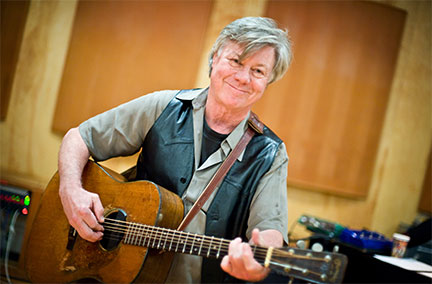
Darryl Holter grew up playing the guitar and singing country and rock and roll songs in Minneapolis, Minnesota. His current brand of Americana music draws from country, blues and folk traditions and often tells stories about people, places and events.
Besides his music, Holter has worked as an academic, a labor leader, an urban revitalization planner, and an entrepreneur. Darryl Holter is also a historian who has written on Woody Guthrie and a contributor to the Los Angeles Review of Books.

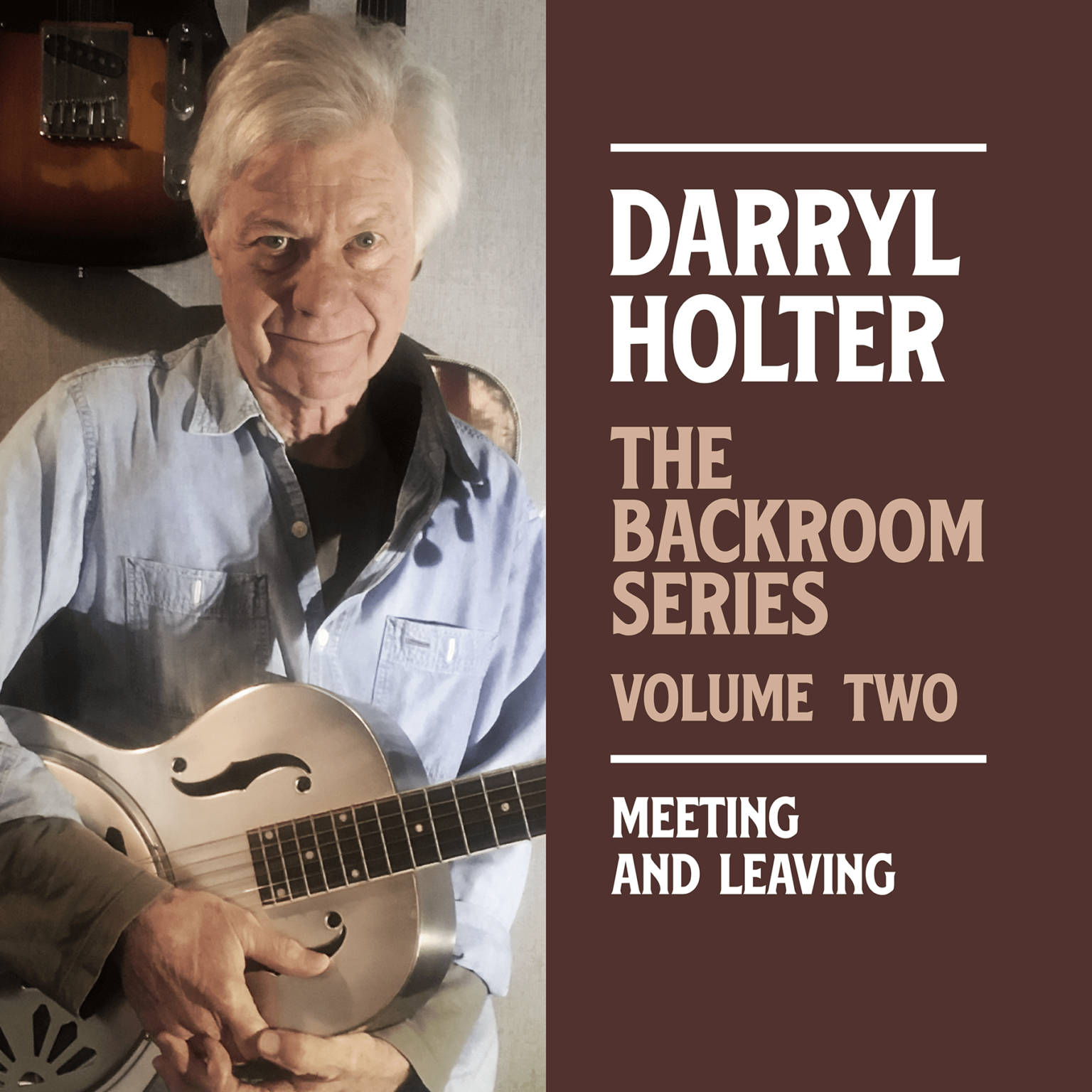
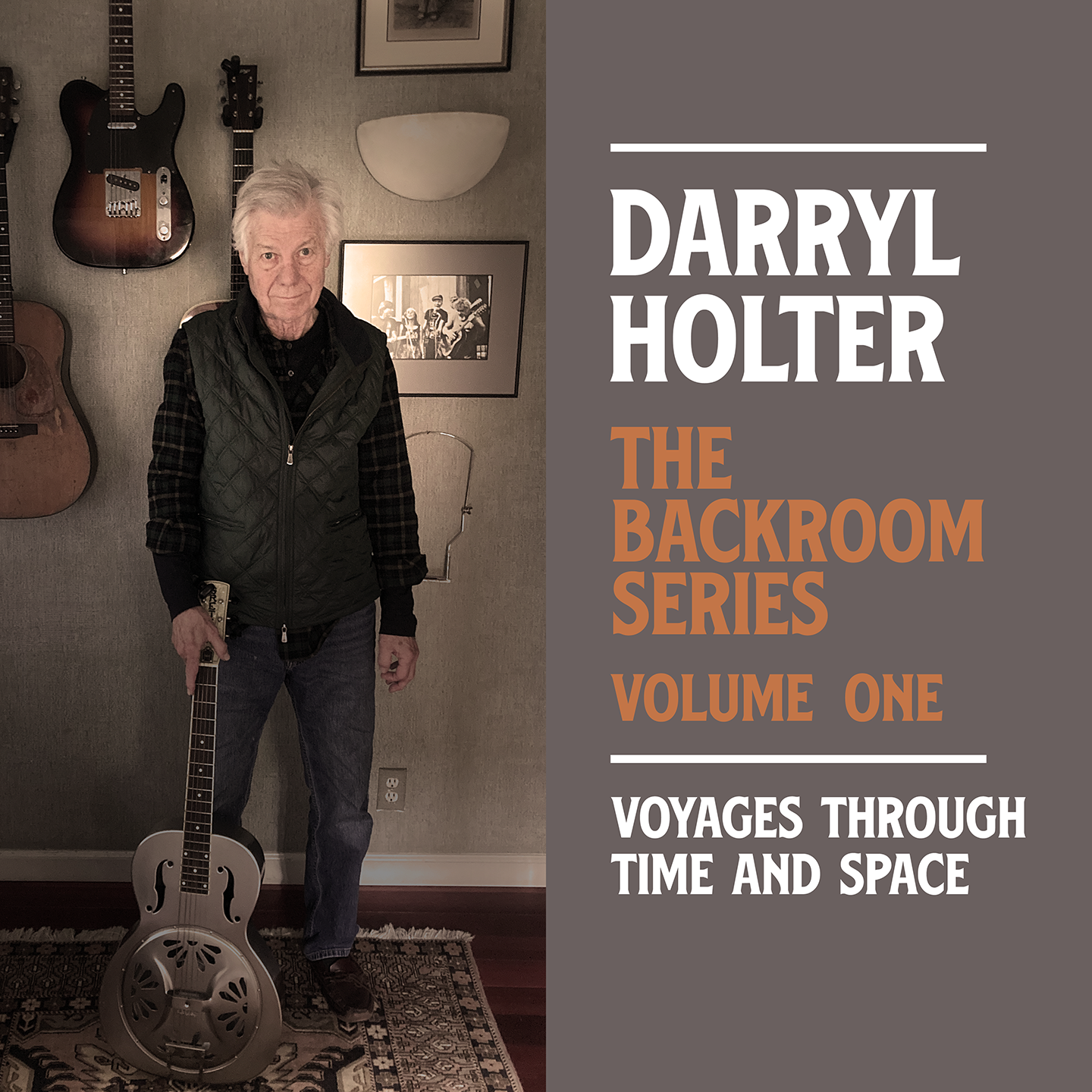
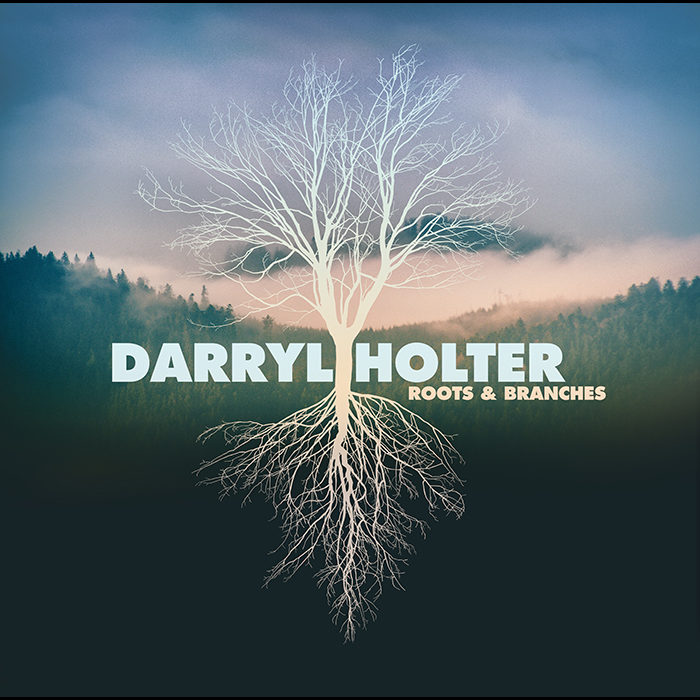
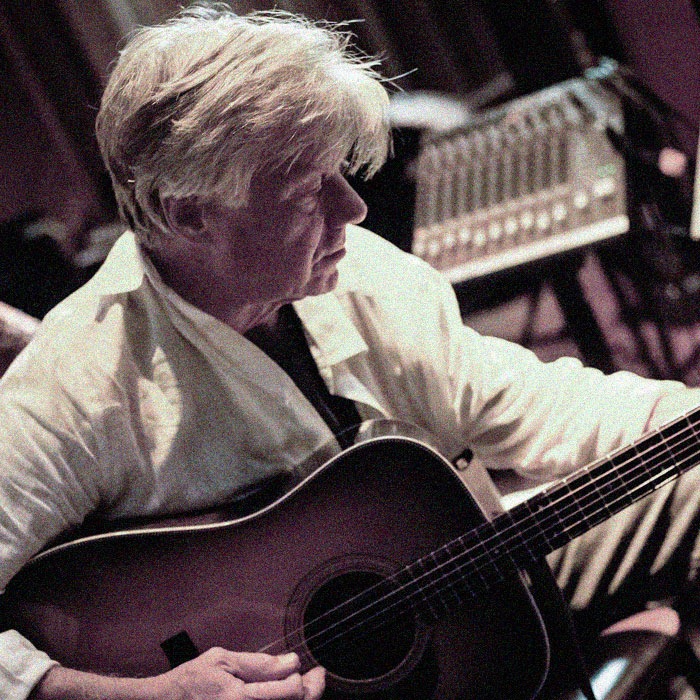
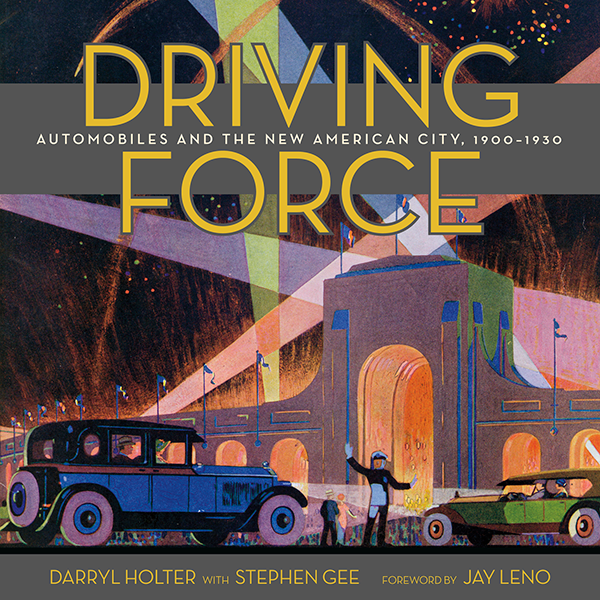
 Darryl Holter grew up playing the guitar and singing country and rock and roll songs in Minneapolis, Minnesota. His current brand of Americana music draws from country, blues and folk traditions and often tells stories about people, places and events.
Darryl Holter grew up playing the guitar and singing country and rock and roll songs in Minneapolis, Minnesota. His current brand of Americana music draws from country, blues and folk traditions and often tells stories about people, places and events.